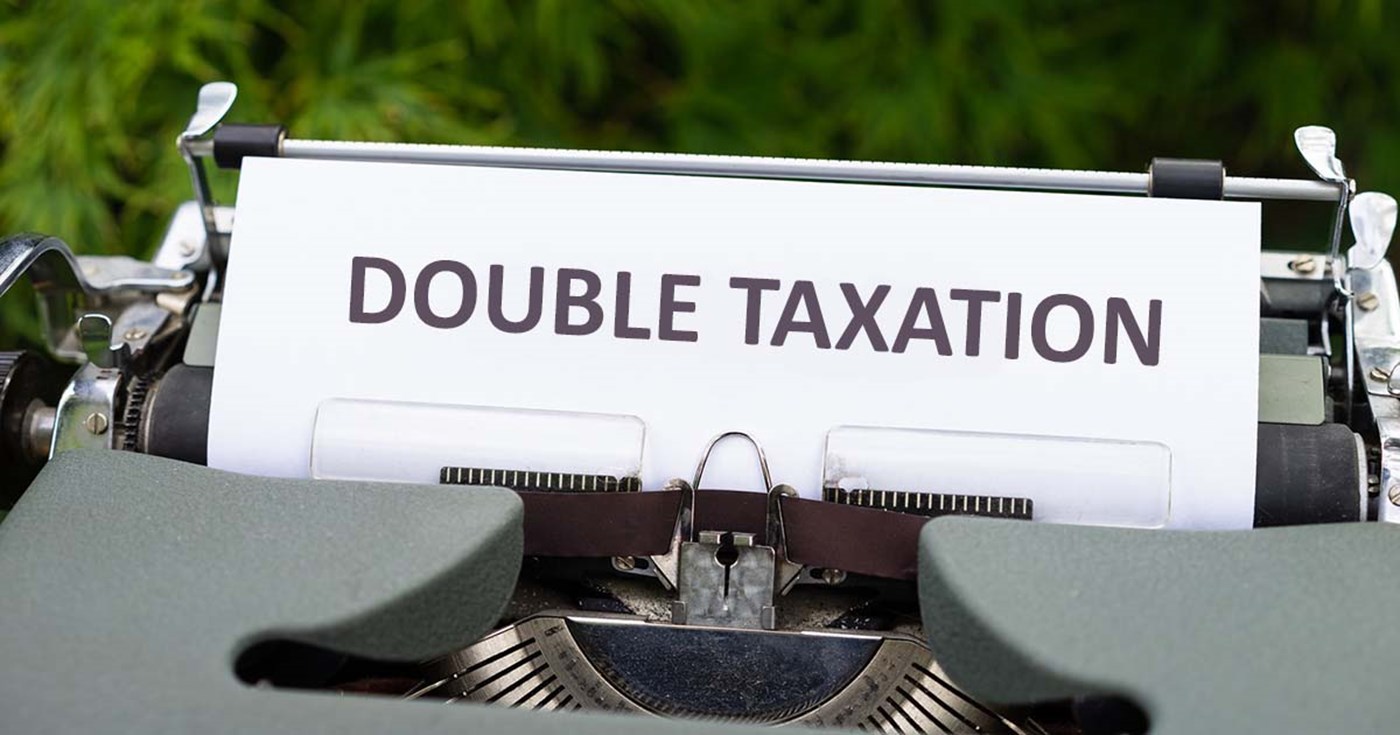02 December 2021
Double taxation
What is double taxation?
Different countries have their own tax laws. The fact that you pay tax in one country does not necessarily mean you do not need to pay tax in another.
If you are resident in two countries at the same time or are resident in a country that taxes your worldwide income, and you have income and gains from another (and that country taxes that income on the basis that it is sourced in that country) you may be liable to tax on the same income in both countries. This is known as ‘double taxation’.
For example, an individual who is resident in the UK, but has rental income from a property in another country, will probably have to pay tax on the rental income in both the UK and that other country. This is a common situation for migrants ("one who moves, either temporarily or permanently, from one place, area, or country of residence to another" as defined by the Oxford English Dictionary) who have come to the UK to work to find themselves in.
Another common situation when double taxation occurs is where an individual who is not resident in the UK but who has UK-sourced income and remains tax resident in their home country.
Double taxation can also arise if you are resident in two countries at the same time.
Where two countries try to tax the same income, there are a number of mechanisms to give tax relief so that you do not end up paying tax twice. The first mechanism to consider is whether the double tax agreement between the UK and the other country limits either country’s right to tax that income.
What are double taxation agreements (DTAs)?
The UK has ‘double taxation agreements’ with many countries (>130) to try to make sure that people do not pay tax twice on the same income. DTAs are also known as ‘double tax treaties’ or ‘double tax conventions’. If there is a DTA, this may state which country has the right to collect tax on different types of income.
A DTA effectively overrides the domestic law in both countries. For example, if you are non-resident in the UK and you have UK bank interest, this income would be taxable in the UK as UK-sourced income under domestic law. However, if you are resident in France, the UK-France DTA states that the interest should only be taxable in France. This means that the UK must forgo its right to tax that income. In this situation, you would make a claim to HMRC (in practice, this would usually be made on a Self-Assessment tax return) to exempt the income from UK tax.
Alternatively, they may allow a set-off of tax paid in one country against tax due in the other. If you are a UK tax resident (including UK ‘treaty’ resident), the UK will generally give a ‘credit’ for overseas tax paid on income which is sourced overseas. Similarly, if you are tax resident in another country, that country may give credit for UK tax paid on UK-sourced income.
If you have any queries about how it might affect you, please get in touch with us.




